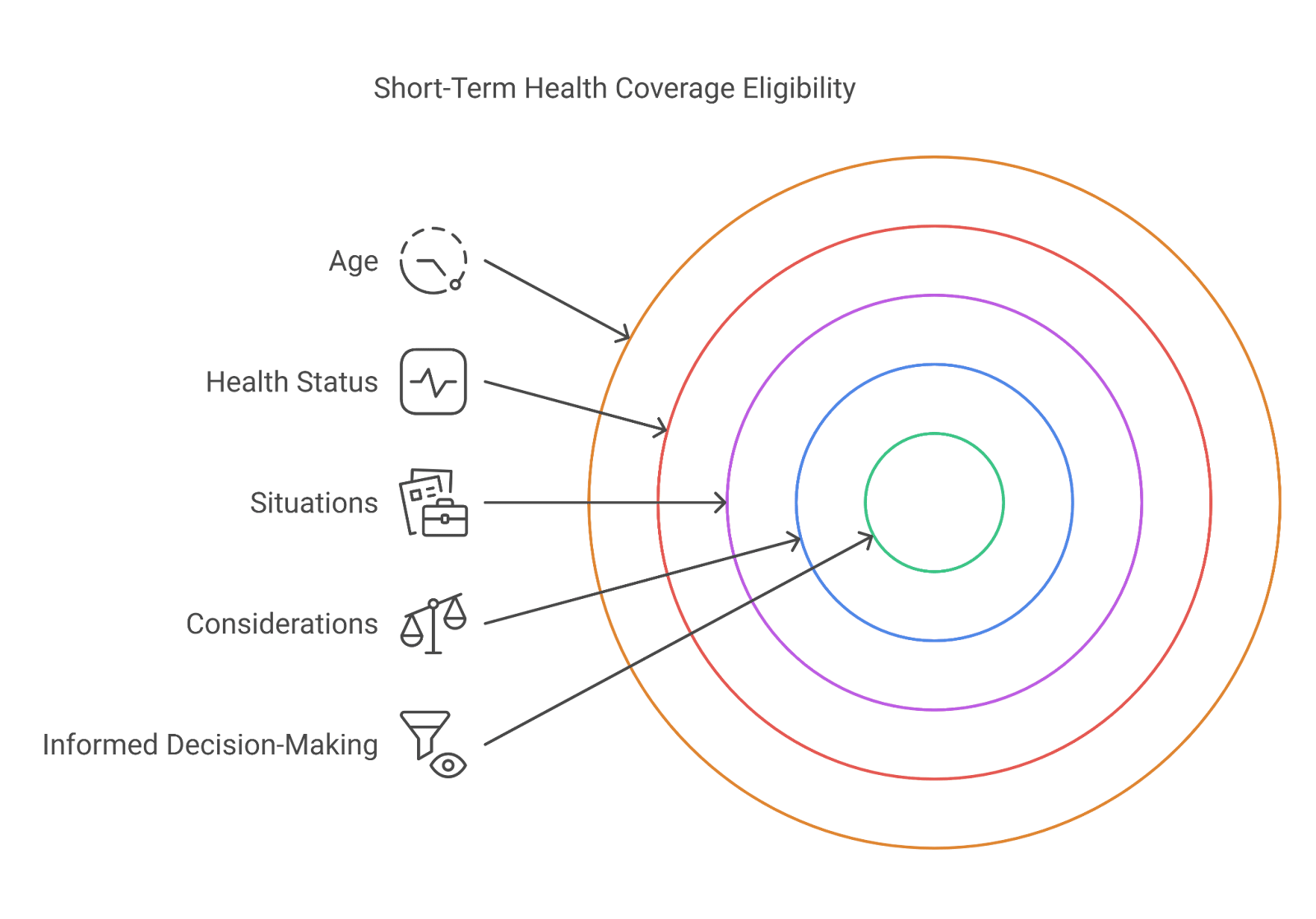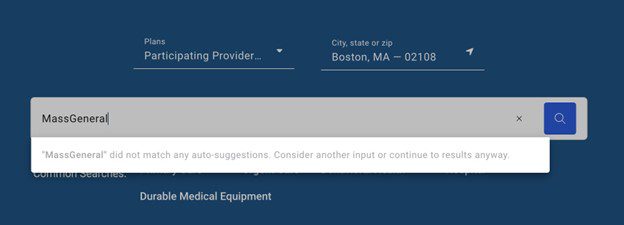The rapidly changing healthcare environment creates scenarios where people cannot access or need traditional health insurance right away. Short-term health coverage serves as a feasible solution for coverage gaps by providing temporary health insurance plans during periods when standard health plans are unavailable. This article analyzes the specific features of short-term health coverage while comparing it to conventional health insurance and explains who qualifies for it while discussing its advantages and drawbacks.
Short-term health coverage offers a temporary medical safety net for individuals during transitional times between jobs or while waiting for employer-sponsored insurance to start outside of open enrollment periods. Short-term health coverage plans operate outside ACA regulations and thus are not required to meet ACA standards unlike traditional health insurance plans. The primary difference between these plans results in short-term health coverage offering restricted benefits while possibly omitting mandatory ACA services such as maternity care along with mental health support and prescription drugs. Short-term health coverage plans have the authority to deny coverage for pre-existing conditions whereas traditional ACA-compliant plans must provide coverage regardless of pre-existing health issues.
Understanding the distinct features between short-term and traditional health insurance coverage is vital when choosing a health insurance plan. Both health insurance options provide medical coverage but differ substantially in terms of coverage length and duration as well as regulatory standards and financial costs and coverage restrictions. Short-term insurance plans deliver limited-time protection at reduced premiums but with restricted benefits while traditional health insurance delivers complete protection over a long duration. Following this information people can compare the main distinctions to make an educated choice.
The qualifications for obtaining short-term health coverage depend on both the insurance company's rules and state laws. People below 65 years old who maintain good health often meet the eligibility requirements. Short-term health coverage serves as a suitable choice for various specific situations:
People need to evaluate their health requirements and financial status before choosing short-term health coverage because these plans often lack complete benefits.

Individuals experiencing life changes can benefit from short-term health coverage as a flexible insurance option. These plans ensure basic medical coverage over a restricted time period which results in them becoming a desirable alternative for people who need both immediate and flexible health insurance options that tend to be more budget-friendly. Short-term health coverage plans deliver multiple benefits but they also possess substantial limitations. These plans operate outside the Affordable Care Act's (ACA) standards so they may include coverage gaps and exclusions.
Prospective buyers must evaluate both positive and negative aspects of short-term health coverage plans before making their choice. The short-term health coverage plan offers emergency financial protection but does not adequately provide comprehensive and long-term healthcare protection for patients. The essential positives and negatives of short-term health coverage plans are listed below.
Because of these limitations people must carefully study insurance policy terms and explore different insurance options if they want to ensure comprehensive healthcare coverage.
Short-term health coverage functions as a provisional insurance alternative for people experiencing interruptions in their standard health insurance coverage. Despite their affordability and flexibility benefits users must understand the inherent limitations of these plans. PEO4YOU serves as a useful intermediary for individuals who need help understanding health insurance choices. PEO4YOU focuses on guiding clients through the evaluation of short-term health coverage plans to ensure that both individuals and small businesses discover options that meet their exact requirements. Clients who use the expertise available to them can make well-informed choices which leads them to obtain suitable coverage solutions.
Short-term health coverage serves as an effective solution for immediate needs yet requires a thorough evaluation of personal health needs and professional advice to guarantee complete and fitting health protection.
Recent Posts
Get In Touch— We’re available 24/7
"*" indicates required fields
“We respect your privacy. Your contact information will be used solely for the purpose of responding to your inquiry and will not be shared with third parties.”
Click To Open Modal
Get In Touch— We’re available 24/7
"*" indicates required fields
“We respect your privacy. Your contact information will be used solely for the purpose of responding to your inquiry and will not be shared with third parties.”
Thanks!
We will be in touch soon.
If you're looking to book a consultation now
Affordable health and benefits plans for small businesses, freelancers, and independent contractors.



Copyright © 2026. Peo4you. All rights reserved.












[…] employees requiring temporary coverage can consider short-term health insurance as one available option. The benefits provided by these plans are restricted when compared to […]